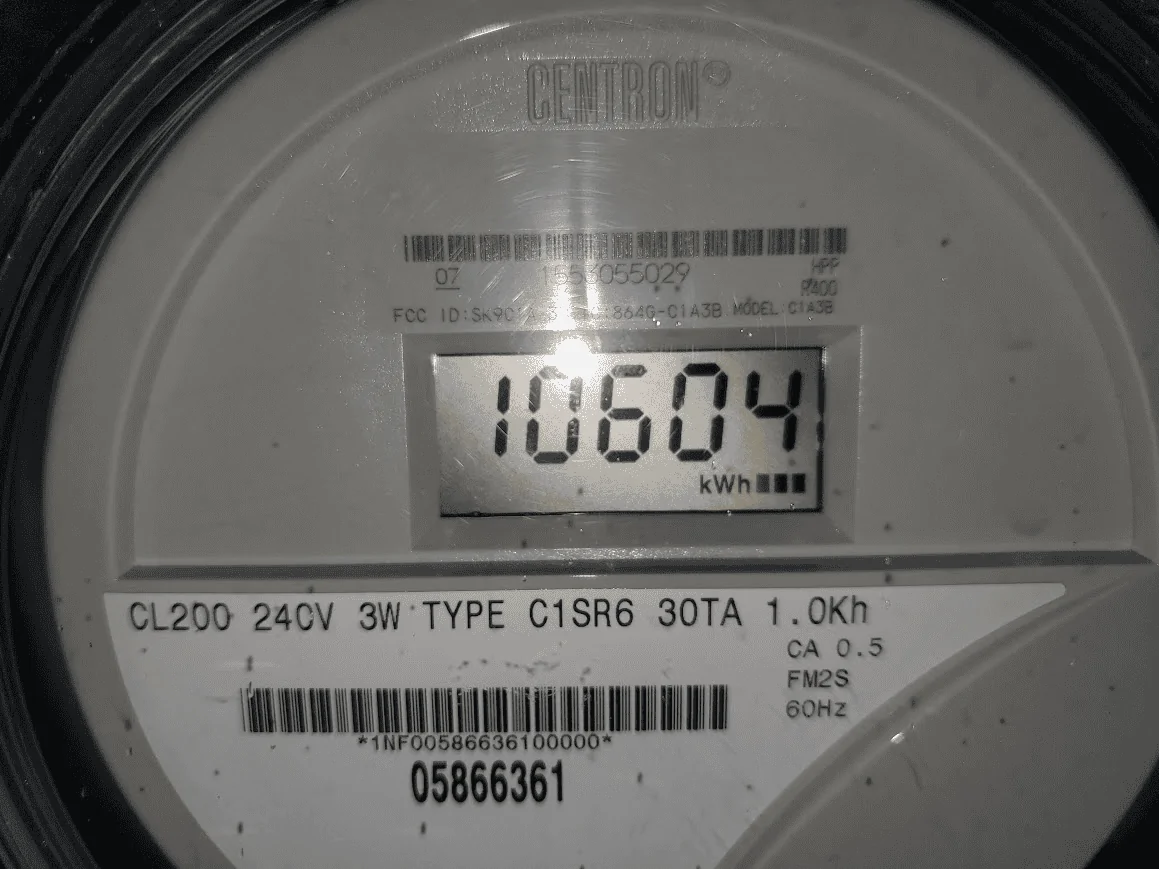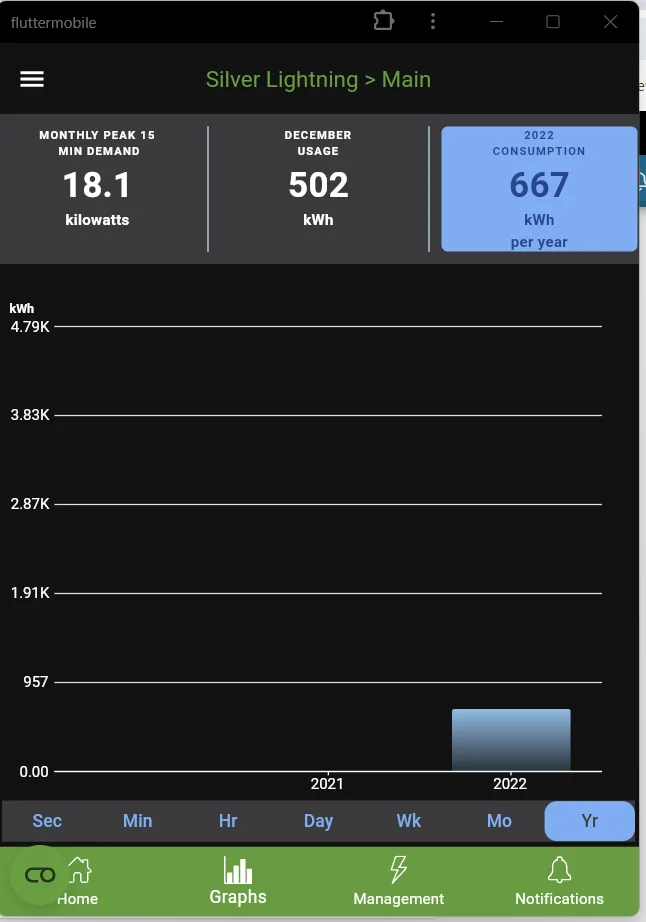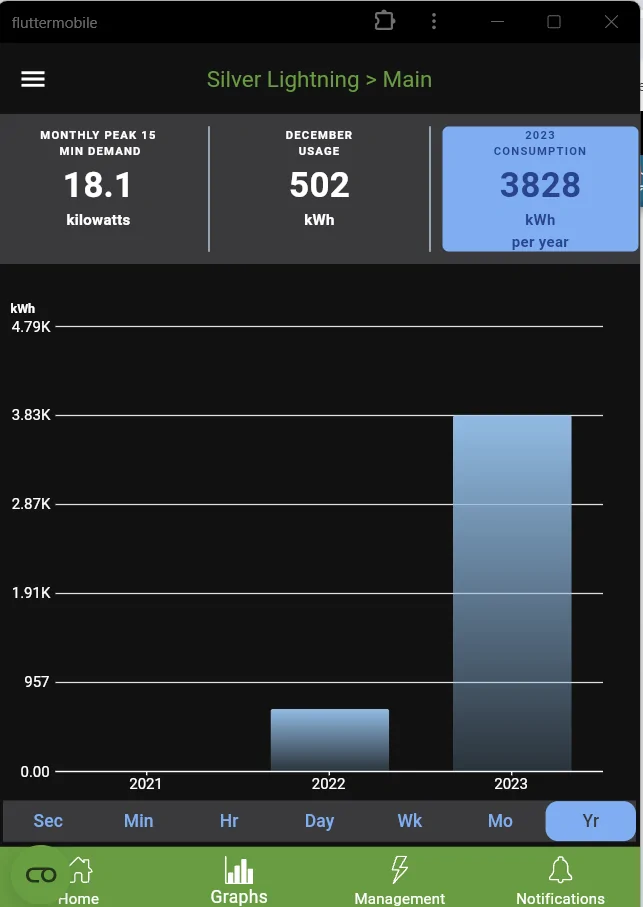Typically use 30-40 Kilowatts a day.
Sponsored
Typically use 30-40 Kilowatts a day.
Even better, kWh per day. One could interpret 30-40 kW per day as 30x24 to 40x24 kWh. Which would almost be a MWh!Jseis said:
Typically use 30-40 Kilowatts a day.



One thing you don't mention that MickeyAO says is important in a post higher up in this thread is the depth of discharge, which Mickey refers to as "delta." https://www.f150lightningforum.com/forum/threads/top-battery-off-to-90-every-day.17738/post-357044Work within those rules and apply them to how you need to use the truck.
Except... it isn't. The former will wear the cells more.Charging from 80 to 90% 5 times vs from 40 to 90% once is basically the same thing.
Unless it's in a garage.ABC - always be charging
Keep plugged in in cold weather as the manual tells you.
See YouTube segment with Ford VP of Electric Vehicles describing why 90% is "best." It appears to be a recommendation made to lure owners away from charging to 100% every day - the best in terms of optimizing range vs. battery wear, not necessarily the best for battery wear and lifespan by themselves. https://www.f150lightningforum.com/forum/threads/top-battery-off-to-90-every-day.17738/post-357055it should remain plugged in at all times and daily charge to 90%. It has a very large buffer and Ford has figured out that 90% is the best.
No it is not. Smaller deltas are better. 40% to 90% is probably somewhere around the equivalent damage as 80% to 90% 7 times. I will have greater insight once we get the Lightning cells into cycle life testing.Charging from 80 to 90% 5 times vs from 40 to 90% once is basically the same thing.
Battery life is measured in complete charge and discharge cycles. It's additive to 100% either fully charged or discharged, so smaller charges are the same as one large charge.No it is not. Smaller deltas are better. 40% to 90% is probably somewhere around the equivalent damage as 80% to 90% 7 times. I will have greater insight once we get the Lightning cells into cycle life testing.
You won't notice it for a couple of years because we are talking about mAh losses, but it is not the same thing.
Do you have an actual spec sheet for the cell you would care to share (sorry, I can't share the one I have)? Or is that marketing 'data'?Battery life is measured in complete charge and discharge cycles. It's additive to 100% either fully charged or discharged, so smaller charges are the same as one large charge.
the ford Lightning battery is rated at 10,000 charge cycles. That's 10,000 full charges and discharges. It's irrelevant if it's one large charge or multiple charges.